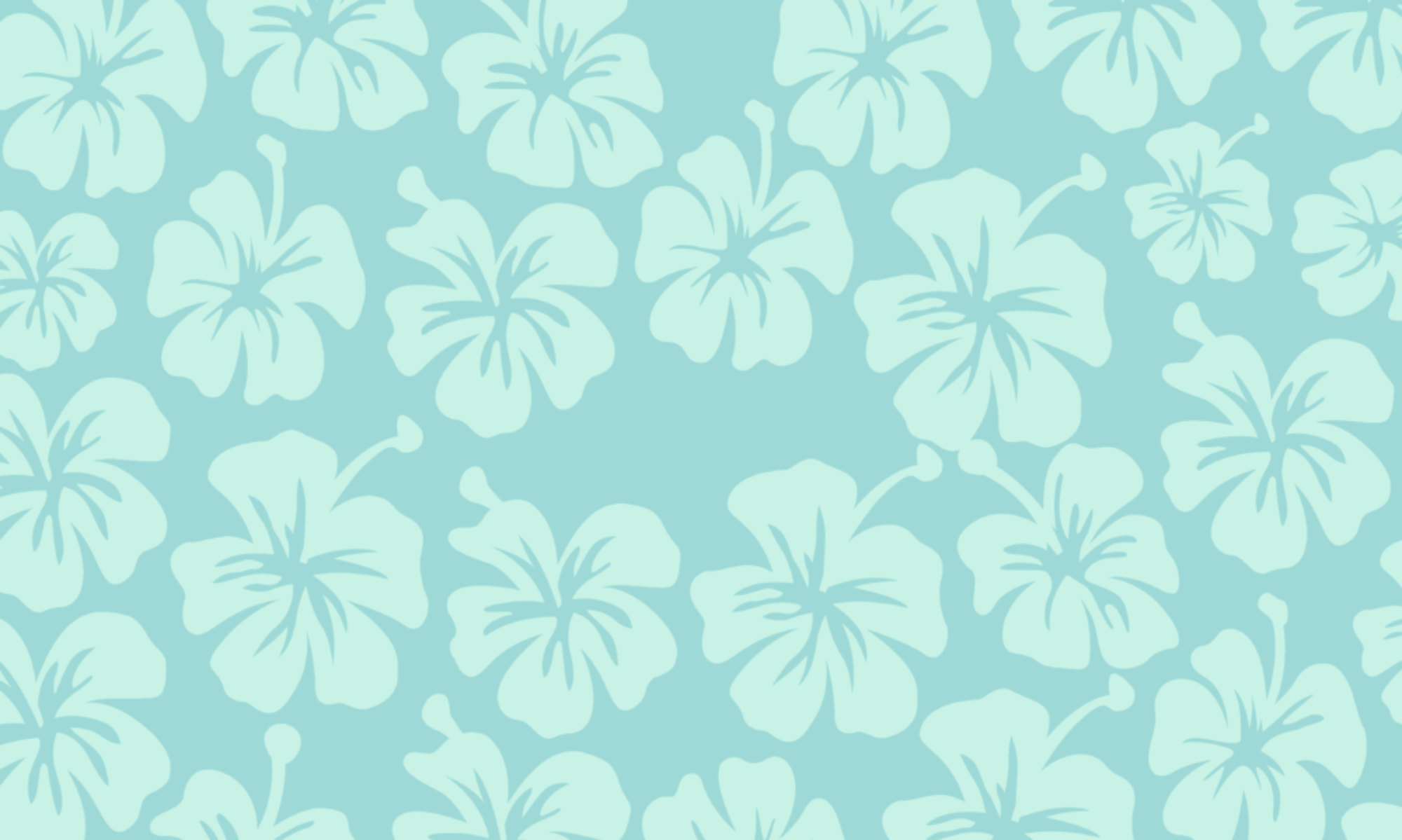How could you work this into a murder mystery?
SPIEGEL: Wouldn’t it be ethically problematic to create a Neanderthal just for the sake of scientific curiosity?

Church: Well, curiosity may be part of it, but it’s not the most important driving force. The main goal is to increase diversity. The one thing that is bad for society is low diversity. This is true for culture or evolution, for species and also for whole societies. If you become a monoculture, you are at great risk of perishing. Therefore the recreation of Neanderthals would be mainly a question of societal risk avoidance.
SPIEGEL: Setting aside all ethical doubts, do you believe it is technically possible to reproduce the Neanderthal?
Church: The first thing you have to do is to sequence the Neanderthal genome, and that has actually been done. The next step would be to chop a human genome up into, say, 10,000 chunks and then synthesize these. Finally, you would introduce these chunks into a human stem cell. If we do that often enough, then we would generate a stem cell line that would get closer and closer to the corresponding sequence of the Neanderthal. We developed the semi-automated procedure required to do that in my lab. Finally, we assemble all the chunks in a human stem cell, which would enable you to finally create a Neanderthal clone.
SPIEGEL: And the surrogates would be human, right? In your book you write that an “extremely adventurous female human” could serve as the surrogate mother.
Church: Yes. However, the prerequisite would, of course, be that human cloning is acceptable to society.
SPIEGEL: Could you also stop the procedure halfway through and build a 50-percent Neanderthal using this technology.
Church: You could and you might. It could even be that you want just a few mutations from the Neanderthal genome. Suppose you were too realize: Wow, these five mutations might change the neuronal pathways, the skull size, a few key things. They could give us what we want in terms of neural diversity. I doubt that we are going to particularly care about their facial morphology, though (laughs).

